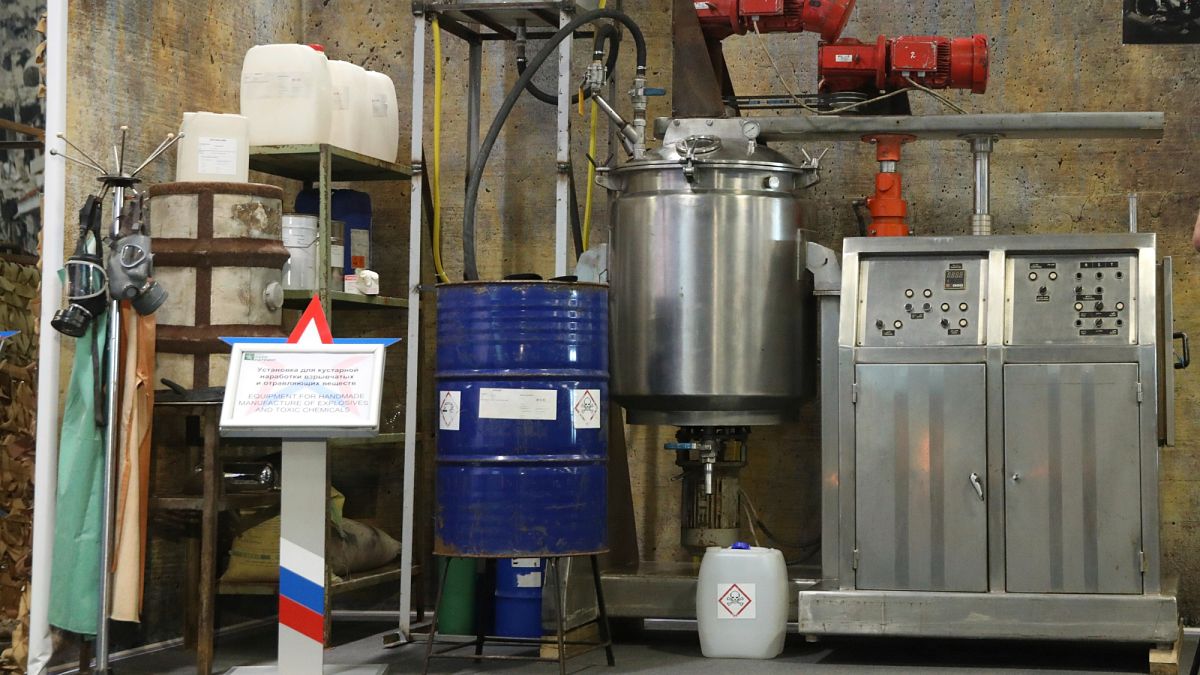Published on
Russia is increasing its use of prohibited chemical weapons in Ukraine, including the World War I-era poison gas chloropicrin, Dutch and German intelligence agencies said on Friday.
Dutch military intelligence and security service, together with the German intelligence service, found that the use of prohibited chemical weapons by the Russian military had become “standardised and commonplace” in Ukraine.
According to the findings, the Russian military uses chloropicrin and riot control agent CS against sheltering Ukrainian soldiers, who are then forced out into the open and shot.
Dutch Defence Minister Ruben Brekelmans called for more sanctions against Moscow and continued military support for Kyiv.
Brekelmans, who stayed on in a caretaker role after the Dutch coalition government collapsed last month, said that he doesn’t want to see the use of chemical weapons become normalised.
Lowering the threshold for use “is not only dangerous for Ukraine, but also for the rest of Europe and the world,” he said in a statement.
Russia is a signatory to the Chemical Weapons Convention, which bans the use of chloropicrin and CS as weapons.
The convention’s watchdog, the Organisation for the Prohibition of Chemical Weapons (OPCW), has found several incidents in Ukraine involving CS, but the group hasn’t conducted a full investigation, which must be requested by the member states.
The executive committee for the OPCW is holding a meeting next week, where it’s expected to discuss Russia’s war in Ukraine.
Russian authorities have not immediately commented on the findings, but they have in the past denied using chemical weapons.
According to Ukraine, Russia has carried out 9,000 chemical weapons attacks in the country since the start of its full-scale invasion in 2022.
In 2024, the US State Department said that it had recorded the use of chloropicrin against Ukrainian troops.

